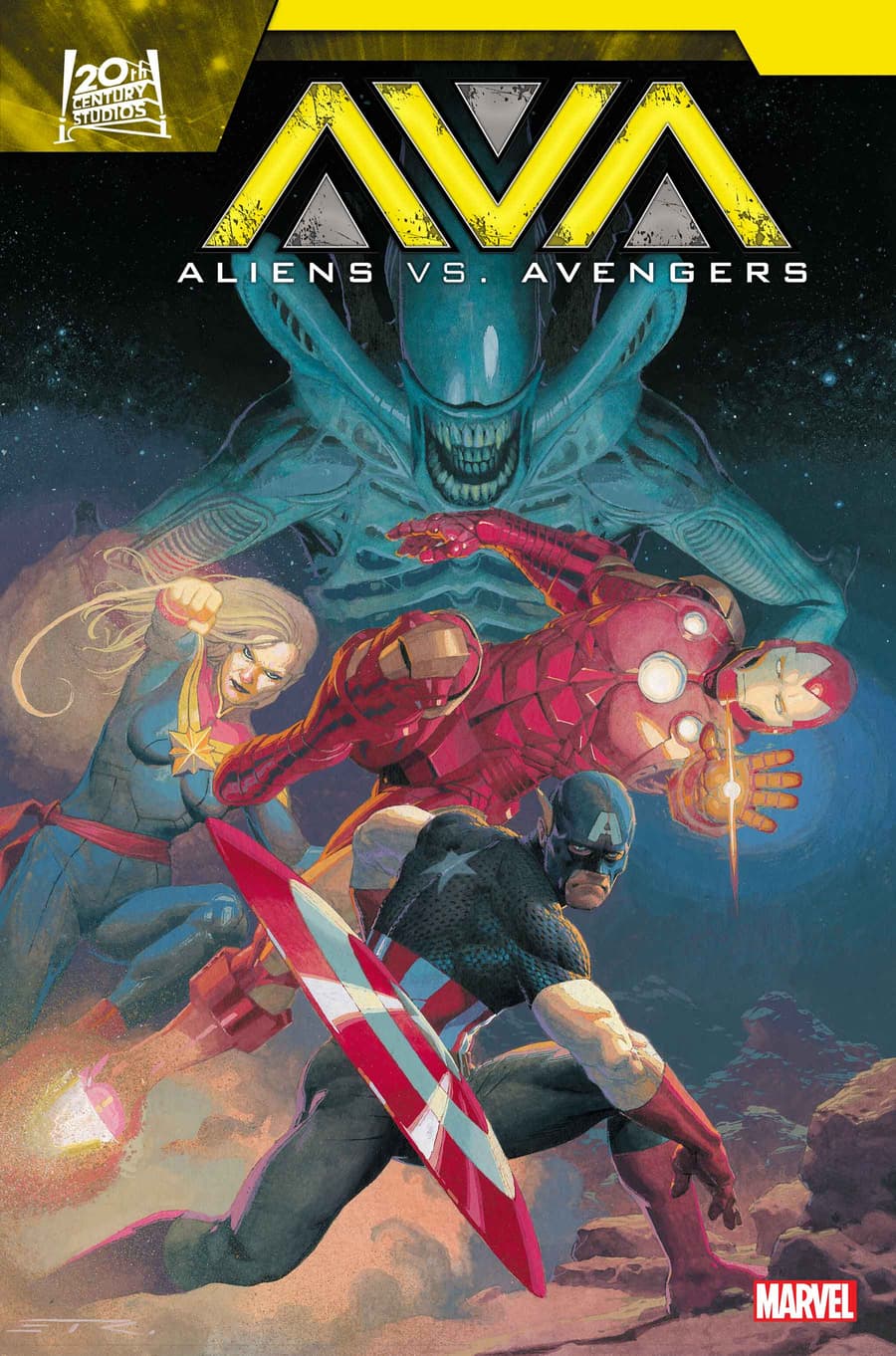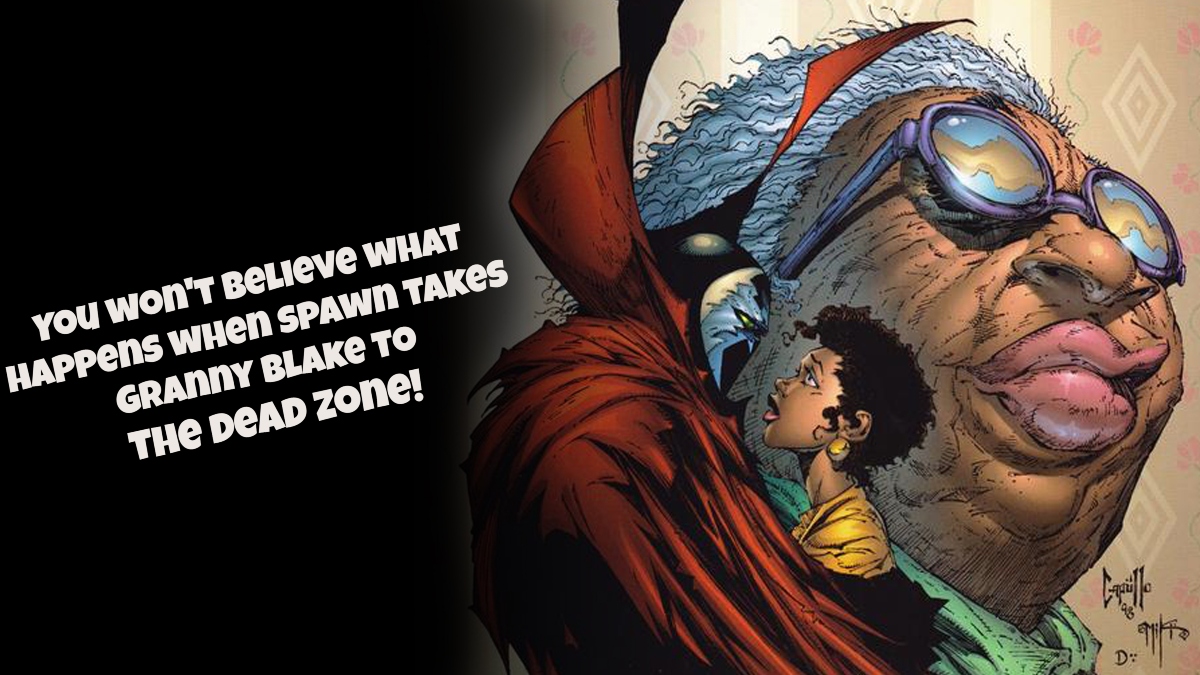![]()
Screenwriter Eric Heisserer didn’t have a fast and easy path to success in Hollywood, and like many writers who go out to the land ofdreams, he had been writing scripts “on spec†for years before he started getting credited screenwriting work. His first paid job was writing the screenplay for the 2008 A Nightmare on Elm Street remake, and he remained working in horror by writing The Thing prequel and Final Destination 5. (He also wrote and produced the recent horror hit Lights Out.)
At the same time, Heisserer continued to work on his own dream projects, including an adaptation of Ted Chiang’s short sci-fi story “The Story of Your Life,†and after years of development, Sicario director Denis Villeneuve expressed interest in making a movie on the story and they were off to the races for what would become Arrival.
Arrival stars Amy Adams as Dr. Louise Brooks, a linguistics expert who is paired with scientist Ian Donnelly (Jeremy Renner) to help the U.S. government decipher the language of alien visitors unlike any we have ever seen.
LRM got on the phone with Heisserer a few weeks back for the following interview, and if you can’t follow some of the scientific terms he throws out there, Arrival may not be your kind of science fiction.
LRM: As I’m sure you know, this is a movie that’s really hard to talk about, because there’s a lot of twists, and there’s a joy to seeing the movie fresh and discovering things for yourself. I know this was originally a spec script that was on the Black List. I think Denis kind of read the book and then found out you had already been working on it. How did that actually come together with you and Denis?
Eric Heisserer: Yeah, he had visited the producers that had optioned the short story for me, and he mentioned that he was interested in science-fiction next. They said, “Well, here’s a short story that we’ve got, and we’re getting a script done because the writer came to us with it and had been pursuing it pretty heavily.” He read the short story and responded very well to it. He was super taken by it, but then he said, “I don’t know how you adapt this.” They said, “That’s up to our writer. Stay tuned.” Then they called me and said, “You better not mess this up kid.” But in an affectionate tone. Finally, when we had a script ready for him, he was busy with Prisoners, so it took many months before we actually got his attention or we got some bandwidth from him to read the script. He responded very favorably. Having started a year earlier with the short story, he knew how much it had to be modified in order to work as a piece of cinema. Then he had a number of thoughts of his own, but it was a courtship at that point between he and I.
I wasn’t expecting that. I had a very different relationship with directors where either they come on right away, or it’s one meeting and it’s a rather binary decision point for a filmmaker. When Denis came up and said that he was very interested in this screenplay, he wanted to meet with me, not with the producers. We had a coffee meeting where we spent like an hour and a half just talking about philosophy and science and Fermat’s principle of least time and Sapir-Whorf hypothesis and linguistic relativity, all that craziness. At the end of all that, he said, “This was lovely Eric, let’s do this next week.” I thought, “Wait, what?”
It wound up being a series of six or seven coffee meetings over a course of two months where we’d just get together again. It was like a little two-person podcast between me and Denis where we would talk about anything under the sun, including the movie. After every single meeting, the producers would call just anxious, breathless … “Did he sign? Is he on? Is he onboard? Is this real?†[and I’m like,] “No, I’m meeting next week for coffee again.” Ididn’t realize exactly why that was until he finally signed on for real and made that commitment and then reached out to me directly and said, “All right Eric, now we are married.”
![]()
LRM: I don’t think I told you this, but when I spoke to Denis last year for “Sicario,†I asked him about this movie. The way he talked about it, it seemed like it was very much like a small science-fiction movie. He definitely downplayed it, and when I saw it, I was like, “Wow, this is a huge movie.†When did Paramount get involved or were you guys already off and running even before they were there?
Heisserer: Paramount acquired it, so they really weren’t involved until we had a final cut to show them, or nearly final cut, and then (they) got the full weight of the Death Star behind us, as it were. It was independently financed by a culmination of a lot of air, and I think this was an acquisition at Cannes that allowed us enough of the budget to go make the movie we wanted to make. Once we were done with that, it was our job to bring Paramount a movie that they would be excited about distributing.
LRM: The movie looks amazing. I don’t know what the budget was, but it’s comparable to “Interstellar†or any of those other movies, which are much bigger budget movies. What were some of the biggest challenges that you would have to deal with while adapting the story? Obviously, there’s things like the language, and also how to depict the aliens, I guess. Was a lot of that stuff that you were working on with Denis while you were working on the script?
Heisserer: Much of that had to exist in the script in order for him to understand how to translate it or what it was he was seeing. I had to make sure that I was painting enough of the picture in his mind that he could then fill in the rest of the lines. A lot of those were incredibly difficult to transpose from Ted Chiang’s short story. The Heptapod language in particular was very frustrating for me during the year that I wrote that on spec, so much so that I got completely dissatisfied with my description of the language and complained to my wife at dinner. She challenged me right there at the dinner table to draw for her what I thought the Heptapod language looked like. I kind of drew a circular cuneiform and attached a few other prongs and other loops and whirls onto the cuneiform and that was just a weird circular symbol. She said, “Why don’t you just scan that in and put that in your script?”
I decided, sure, that sounds like a better way of doing it, and then I discovered that there’s no free running software that allows you to do that which meant that I had to just put a bunch of hard returns and white space into my script. Then when I saved it to .PDF, I had to manually import all those examples of the Heptapod language on all the right pages. I made a lot of work for myself is basically what I’m telling you …
LRM: I haven’t read Ted’s story, but was it descriptive enough to understand that? I know in a short story you can’t spend pages and pages describing visuals, but it’s something very visual that it would have to be drawn into the short story to be understood.
Heisserer: He talked about the mathematical and the linguistic anomaly that it expressed, and he talked about more of what the language meant or represented rather than describing what it was you were actually looking at. He wasn’t thinking of it as a film, he was thinking about it as a piece of literary fiction. He talked about how the language suggested that the aliens did not perceive time the same way we did. There is a bit of voice-over, that I think Jeremy Renner gives, that talks a little bit about how it would be as if we were to try and write a page and we were starting with one hand at the top of the page and another hand at the bottom and writing forwards and backwards to get to the same center. That would mean that we had to have the whole page in our head ahead of time and knew exactly how much space each word would take so that we knew how to end it. That’s why we ended up with a circular type of language that we used in the movie.
That’s maybe the main element that survived all the iterations. I had a circle in my early drafts, but my version of the logograms were different from VFX when the experts in design got a hold of it, as I was grateful for, because she was someone whose full-time job it is to come in and take over, and say, “I got this, kid. It’s all right.”
LRM: I understand everything you just said because I’ve seen the movie twice already, but I don’t even how to begin to explain it. When Amy and Jeremy’s characters have to explain the language to some of the soldiers, you can see their eyes glassing over. When we talk about language, it’s usually word-for-word correlation from one language to language.
Heisserer: Hmm-mm-hmm (affirmative), yes.
![]()
LRM: Okay, so Denis is off and running, and he’s going to direct the movie. You’re obviously involved as a producer as well, so once you got on-set is there a lot of changes when you have actors trying to explain this stuff?
Heisserer: Not in this case. Usually, yes, but in this instance, it felt like everyone had boarded to make the same movie and all the work to be done on the script ahead of time was paying off during production. So it was a relatively smooth ride. There are always moments that crop up where you realize we need to add a little bit extra here or we need to be able to trim there, or in the proverbial budget cut happens where you discover you don’t have as many days or as much funding as you’d hoped and have to find a way to still make the same film. Other than that, it was really a pretty magical kind of production.
LRM: I’m not sure if you went to Toronto or Venice for the film’s premieres, but do you get the impression that people are getting the movie and understanding what’s happening? What have the reactions been like when you see the movie with an audience?
Heisserer: They’ve been varied. They’ve been phenomenal, and they run the gamut. I think part of that is because we’re not really pulling a magic trick where we show a card at the very end and go, “Aha! This is the real thing that happens.” It can be a revelation that occurs to someone in different places in the movie. Toronto, it was very late, it was at the end of the film when people started to understand what was happening and reacted emotionally to that. I also saw it at Fantastic Fest in Austin with a bunch of obvious film and science nerds and, oh, they just lost their minds early on. There was a guy behind me during the non-zero sum game who went, “Oh sh*t! Holy moley!” So it was a very interactive audience there that were onto it.
LRM: Without spoiling it, there’s a certain optimism to the way the film climaxes, so was that a prevalent part of why Ted’s story connected so much with you and Denis?
Heisserer: It was a need for me just as an audience member, as a movie-goer. I’d been really starved for optimistic or hopeful movies about the human condition or about humanity in general. Close Encounters was one of my favorite films of all time, and I couldn’t find any contemporary examples of those stories. I think that’s also why I was so compelled to try and adapt Ted’s story and infuse that idea of hope.
LRM: Although this is based on a story, it’s still an original idea in terms of a movie, similar to “Lights Out,†which was based on an original premise. You’ve been doing a lot more things like this versus what you were doing originally, which was remakes and sequels. Do you think that’s one of the reasons it’s played so well with audiences?
Heisserer: It’s what I wanted to do when I started this business. You know, I broke in with an original spec script and had been hoping to pursue that and then realized that if I wanted to pay my rent, I needed to get some assignments and take a studio film. I started with the idea that it’s a one for them and one for me, but you can easily discover that it’s a lot harder to get an original piece done in the system. It’s just a bigger risk for obvious reasons.
LRM: “Lights Out†was a big success, so have you started thinking about what you’d want to do in a sequel to that? I’m sure they’ll want another movie and that you’ll still be involved…
Heisserer: Don’t give me more work now, man, come on.
(In fact, actress Teresa Palmer also told LRM that Eric’s already writing Lights Out 2 and hopes her character will return.)
Arrival opens nationwide on Friday, November 11.

 FOR FANBOYS, BY FANBOYS
Have you checked out LRM Online’s official podcasts and videos on The Genreverse Podcast Network? Available on YouTube and all your favorite podcast apps, This multimedia empire includes The Daily CoG, Breaking Geek Radio: The Podcast, GeekScholars Movie News, Anime-Versal Review Podcast, and our Star Wars dedicated podcast The Cantina. Check it out by listening on all your favorite podcast apps, or watching on YouTube!
Subscribe on: Apple Podcasts | Spotify | SoundCloud | Stitcher | Google Play
FOR FANBOYS, BY FANBOYS
Have you checked out LRM Online’s official podcasts and videos on The Genreverse Podcast Network? Available on YouTube and all your favorite podcast apps, This multimedia empire includes The Daily CoG, Breaking Geek Radio: The Podcast, GeekScholars Movie News, Anime-Versal Review Podcast, and our Star Wars dedicated podcast The Cantina. Check it out by listening on all your favorite podcast apps, or watching on YouTube!
Subscribe on: Apple Podcasts | Spotify | SoundCloud | Stitcher | Google Play



